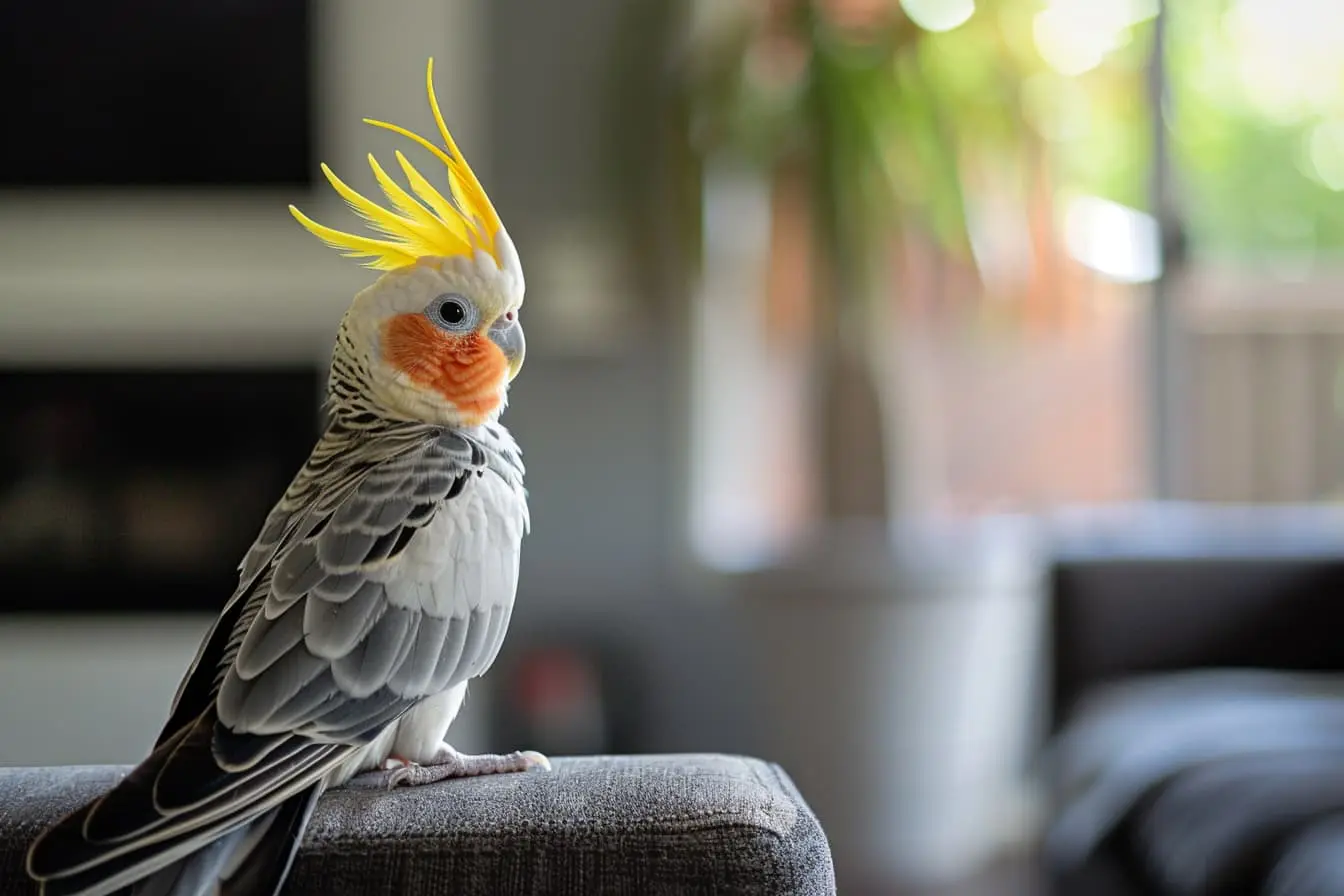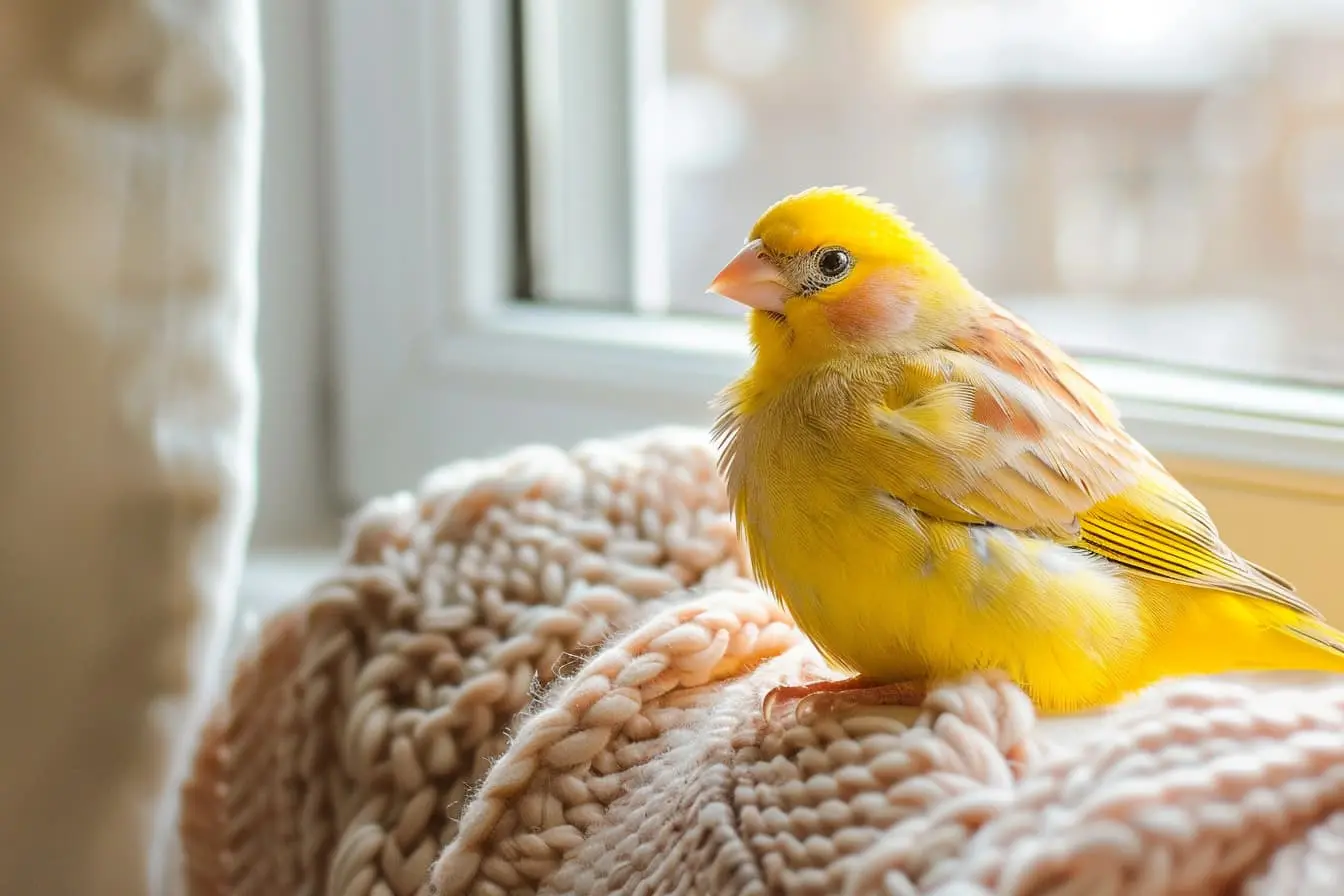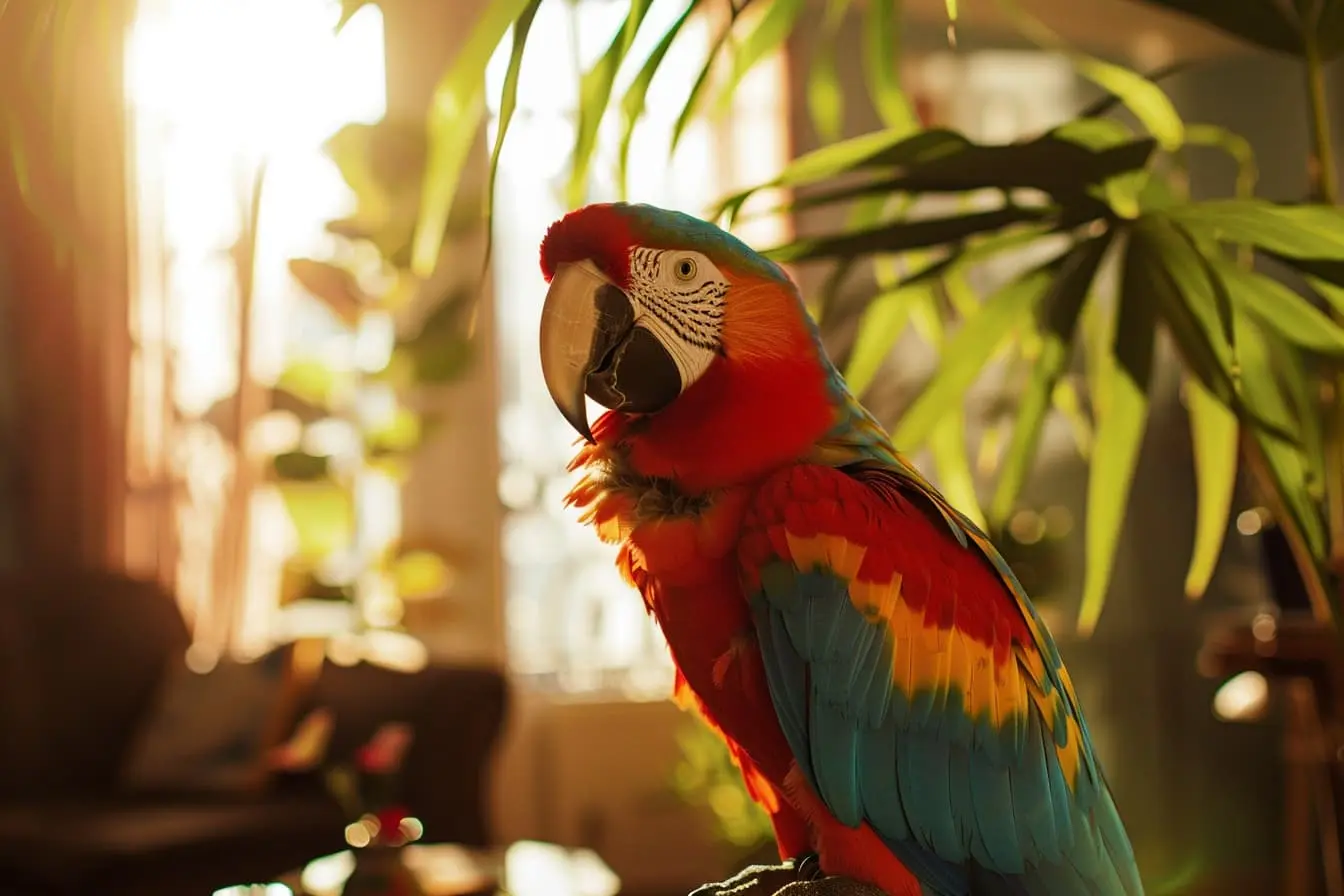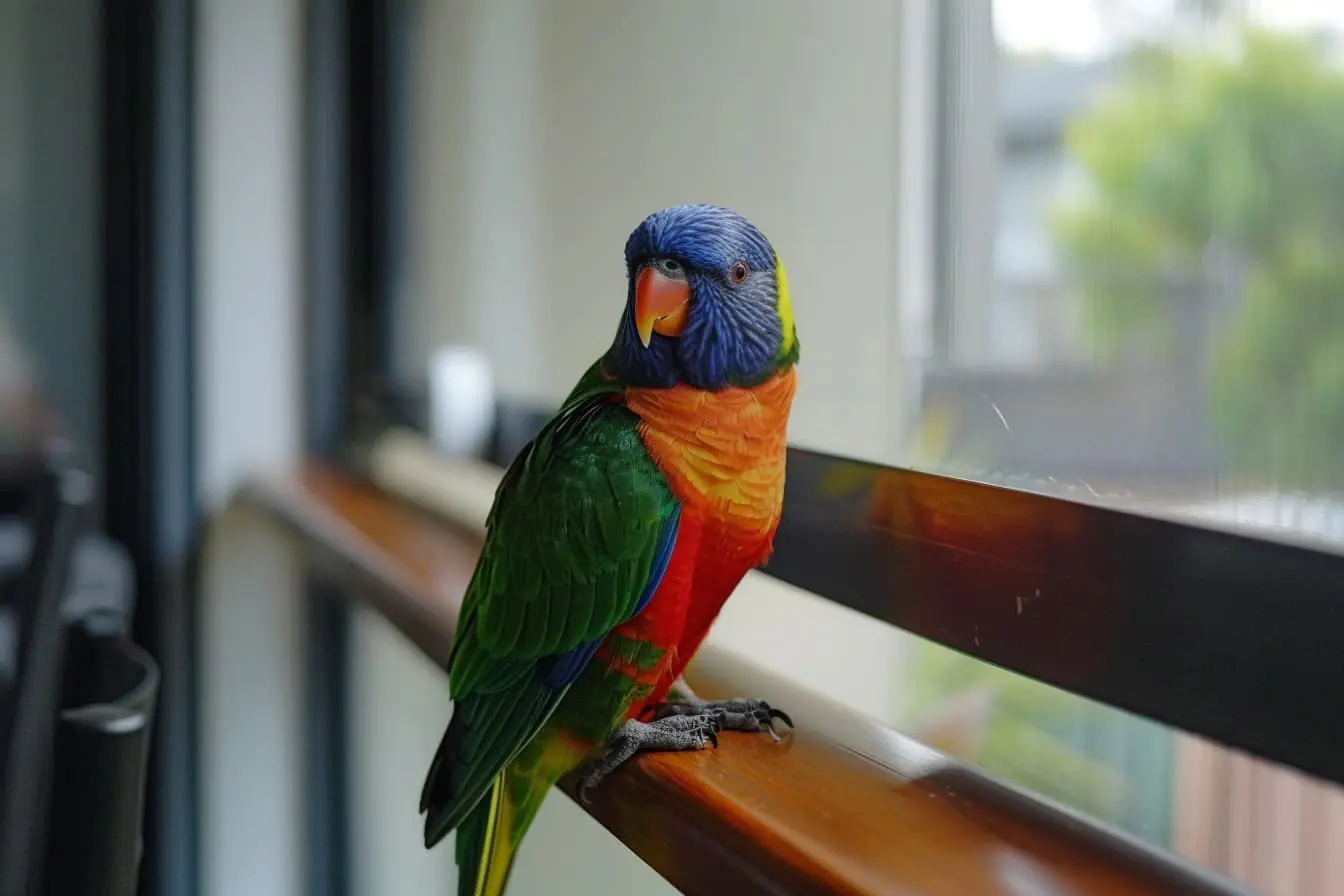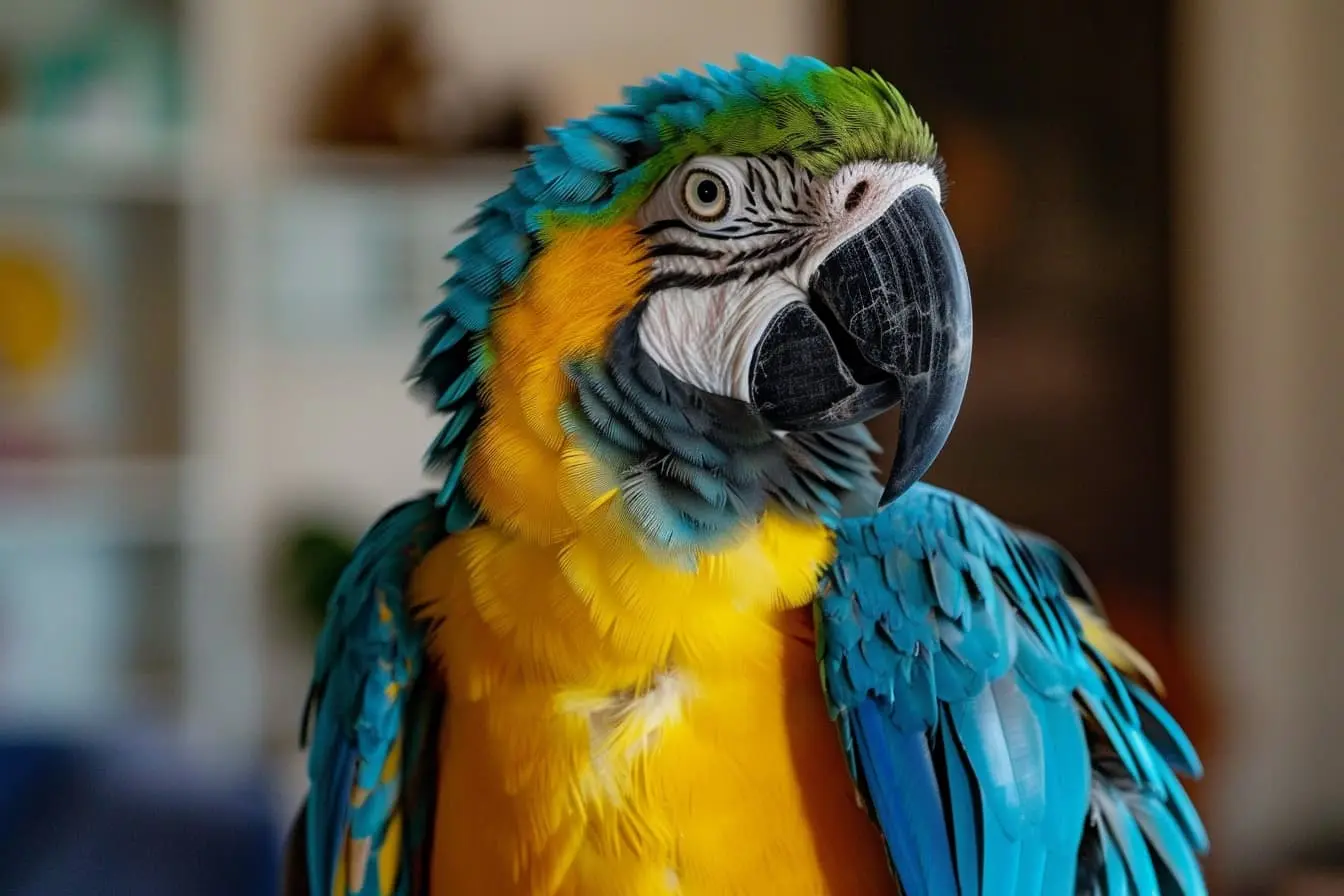
The Essential Guide to Owning a Parrot in the UK
Parrots are fascinating and vibrant companions known for their intelligence, ability to mimic human speech, and dynamic personalities. If you're considering bringing a parrot into your home in the UK, there are several important factors to consider to ensure you provide a healthy and enriching environment for your new pet. This guide covers everything from selecting the right parrot to daily care and legal requirements.
Choosing Your Parrot
Types of Parrots
Parrots come in a variety of sizes and species, each with unique needs and characteristics. Some popular types include:
- Budgerigars: Small and relatively easy to care for, making them ideal for beginners.
- Cockatiels: Known for their sociability and charming crests.
- African Greys: Renowned for their intelligence and impressive mimicry skills, African Greys need lots of mental stimulation and social interaction.
- Macaws: Known for their striking colours and large size, Macaws are sociable and require spacious environments to thrive.
- Amazon Parrots: These birds are vibrant and expressive, known for their singing and speaking abilities, and they thrive on social interaction.
- Eclectus Parrots: Distinguished by their bright, gender-specific plumage—males are green and females are red and purple—these parrots are calm and friendly.
- Conures: Smaller than macaws but just as spunky, Conures are affectionate and playful, making them great companions for families.
- Lovebirds: Small in size but big on personality, Lovebirds are known for their strong pair bonds and vibrant colors.
- Quaker Parrots (also known as Monk Parakeets): These small, intelligent birds are known for their ability to build large, complex nests and their strong social skills.
Each species has its own specific care requirements, social needs, and suitability for different types of owners, making it important to research thoroughly before making a decision.
Where to Buy
- Reputable Breeders: Provides healthy birds and can offer detailed information about their care needs.
- Licensed Pet Stores: Ensure the store adheres to ethical standards and the birds are well-cared-for.
- Rescue Centres: Adopting a parrot can be rewarding, offering a second chance to birds in need of a loving home.
Choosing the Right Bird
- Health: Look for clear eyes, clean feathers, and active behaviour.
- Compatibility: Consider your lifestyle and choose a species that matches your time availability and space constraints.
Preparing Your Home
Cage and Environment
- Cage Size: The cage should be large enough for the parrot to stretch its wings and move around freely. Larger species will require larger cages.
- Placement: Place the cage in a lively area of your home away from drafts and direct sunlight to encourage social interaction.
- Safety: Ensure the cage is made from non-toxic materials with secure locks.
Accessories
- Perches: Offer various perch sizes and materials to exercise the parrot’s feet.
- Toys: Parrots are intelligent and require mental stimulation from toys that can be chewed, manipulated, or climbed on.
- Food and Water Dishes: Opt for sturdy dishes that can be securely attached to the cage.
Nutrition
Balanced Diet
- Pellets: Formulated pellets should make up about 60-70% of a parrot's diet as they provide balanced nutrition.
- Fresh Foods: Daily vegetables and occasional fruits are essential. Safe options include carrots, apples, and leafy greens.
- Seeds and Nuts: These should only be given in moderation as treats due to their high fat content.
Foods to Avoid
- Never feed your parrot avocado, chocolate, caffeine, or alcohol as they are toxic to birds.
Health and Maintenance
Regular Vet Visits
- Establish care with an avian veterinarian for regular check-ups and vaccinations.
- Monitor for signs of illness, such as changes in behaviour, feather plucking, or respiratory issues.
Daily Care
- Cleaning: Clean the cage and accessories regularly to prevent bacterial growth.
- Bathing: Provide opportunities for bathing or misting several times a week.
Social Needs and Training
Interaction
- Parrots are social animals and require daily interaction and socialisation to stay healthy and happy.
- Spend time each day playing with, training, and talking to your parrot.
Training
- Use positive reinforcement techniques to teach tricks and encourage speech development.
Legal Considerations
CITES
- Ensure any exotic parrot species is legally imported and comes with the necessary CITES (Convention on International Trade in Endangered Species) documentation.
Local Regulations
- Check local wildlife laws to ensure compliance with all regulations regarding parrot ownership.
Conclusion
Owning a parrot is a rewarding experience that brings joy and color to your life. However, it requires a serious commitment to provide adequate care, stimulation, and companionship. By thoroughly preparing and continuously educating yourself on the best practices for parrot care, you can ensure your feathered friend lives a long, healthy, and happy life. Welcome to the vibrant world of parrot ownership!
Vets near you
Speciality vets
- Aquatics vet specialists
- Birds vet specialists
- Camelids vet specialists
- Cats vet specialists
- Cattle vet specialists
- Deer vet specialists
- Dogs vet specialists
- Equines vet specialists
- Exotic vet specialists
- Goats vet specialists
- Pigs vet specialists
- Poultry vet specialists
- Sheep vet specialists
- Small Mammals vet specialists
- Wild vet specialists
Vet facilities
- Accessible by public transport
- Blood testing
- Car park nearby
- Client car park
- Dentistry
- Diagnostic imaging
- Disabled public access
- Flea and worm treatments
- Microchipping
- Mobile services
- Neutering
- Open at weekends
- Out-of-hours service
- Referral interests
- Referrals only
- Street parking outside
- Toilets available
- Vaccinations
